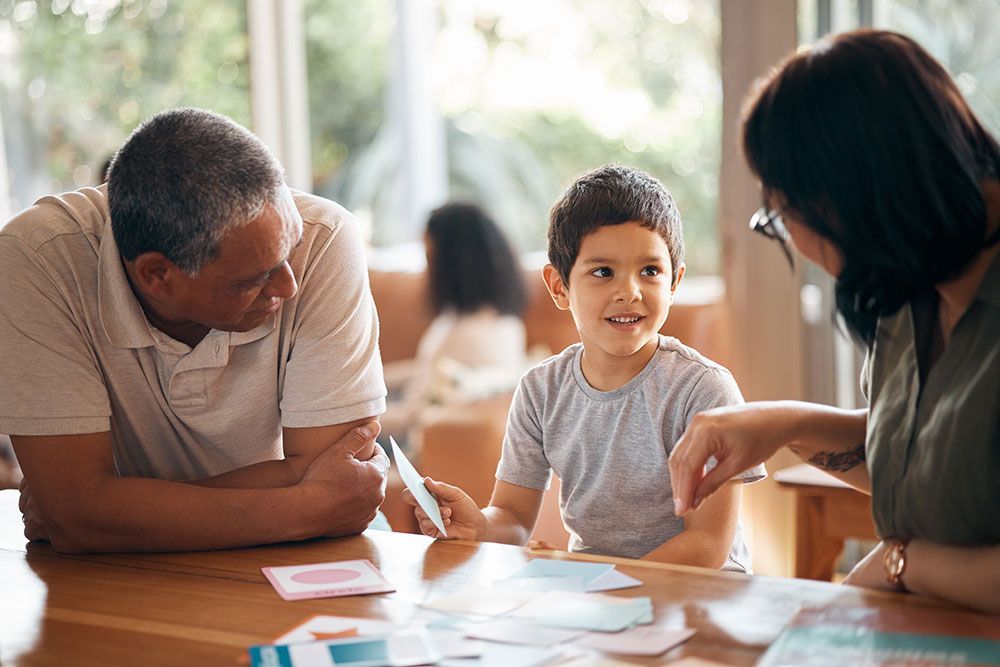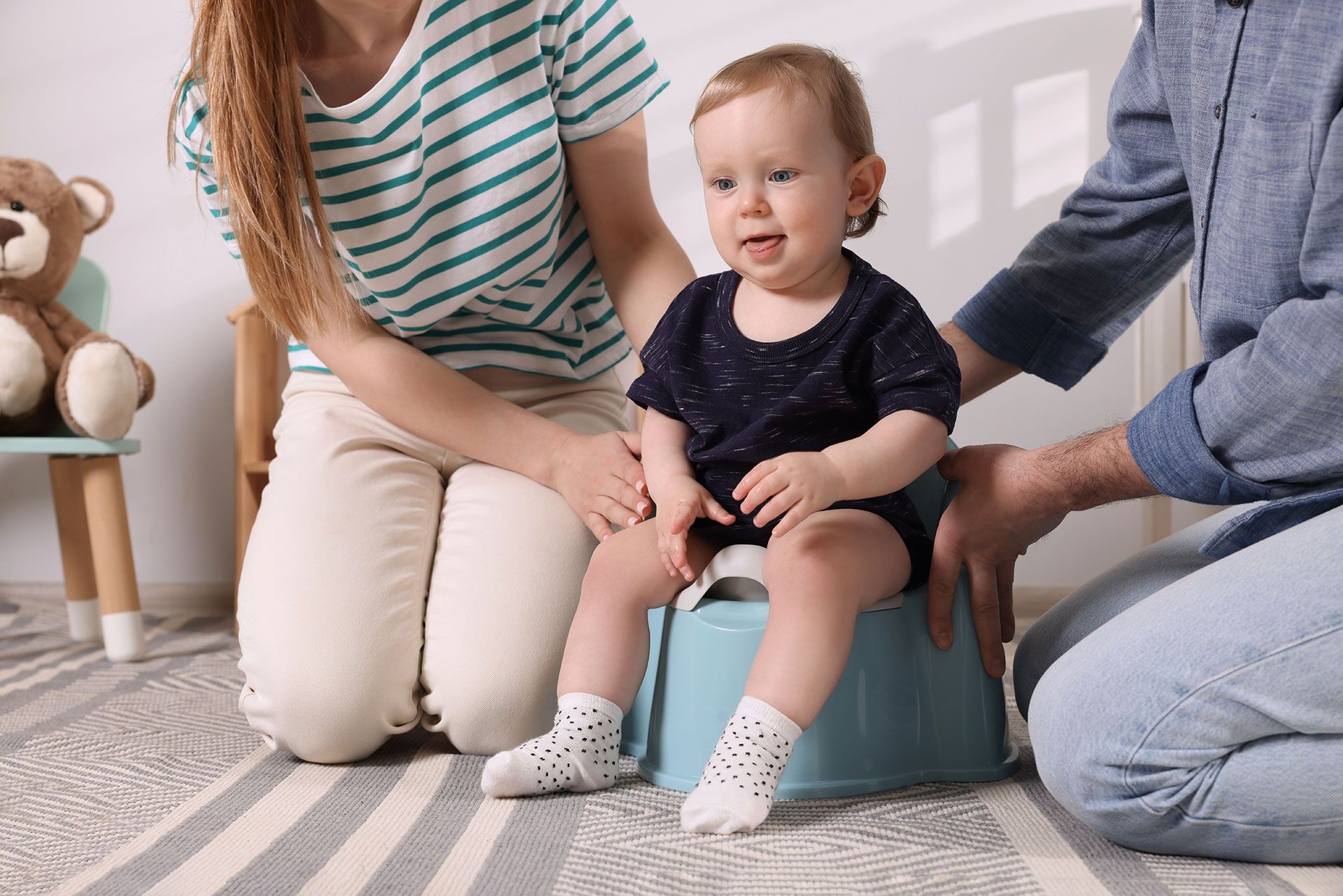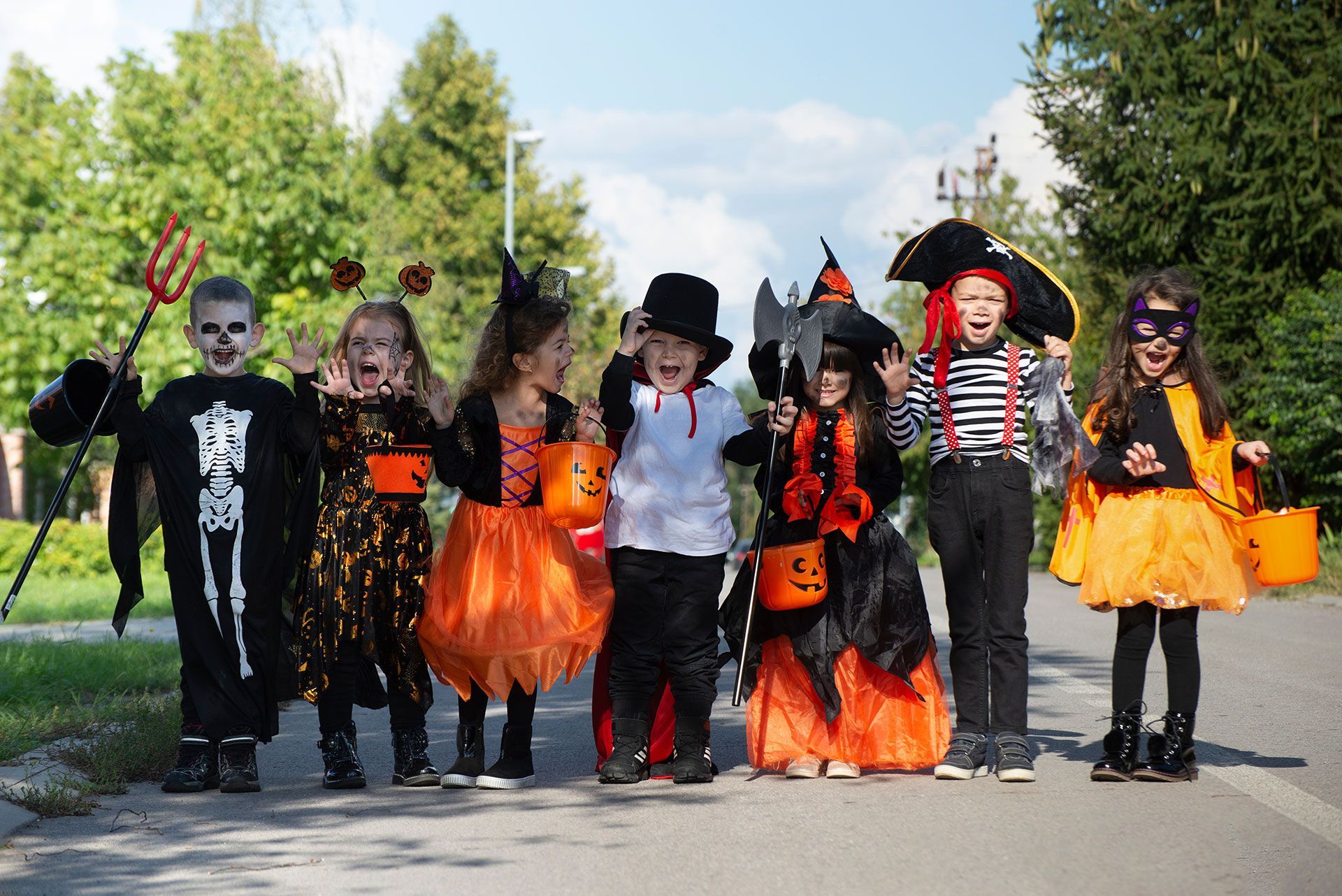
One of the most difficult aspects of parenting toddlers is knowing how to manage the behaviors they exhibit as they learn to communicate their feelings. For many parents, biting and hitting are at the top of that list. Read on for tips on what to do when your child bites or hits... Self-talk . Say to yourself, “I don’t like that they bit/hit and hurt someone else, but I can teach them other ways to express their feelings.” Empathy. Ask yourself, “Wouldn’t I have a hard time expressing myself when I’m mad or upset if I didn’t have the language to do that, or the ability to problem solve in non-aggressive ways? I know how my child feels!” Teach . Young children learn very early that their hands and teeth are powerful weapons that elicit an equally powerful reaction when used. However, this can cause lots of problems for you and your child. The key is to teach your child that biting and hitting hurt and there are other ways to express feelings without hurting others. Tell yourself, “I can teach my child how to respect others and use words to express feelings. I know it will take time and patience, but they can learn.” When your child bites or hits, provide a brief teaching statement, such as “No bite. Biting hurts” and give them a word or action within their skill abilities to replace the biting. For example, “You can say ‘no hug’ instead” or “you can walk away.” When you do this, you are teaching your child how his behavior affects others and what else they can do instead. Reinforce. Practice by setting your phone timer for 5 minutes (or longer or shorter, depending on how long you think your child can play with another child without your motivating praise) and say, “When you have played gently with Jack until the phone timer sounds, we can read your favorite book together. You are getting along so well.” Offering a reward as an incentive for self-control discourages conflict. Praise. When children (even siblings) are getting along, it’s important to praise their effort frequently. Simple statements, such as, “Good taking turns,” or “You are playing so nicely together,” reminds them of the goal of getting along vs. fighting. Teach compromise. When conflict arises, say, “Let’s find a way to let both of you play with that toy. I’ll use my phone timer to tell us when it’s your turn to play with it.” Your child can learn patience as they wait their turn, as well as problem solving and compromise—instead of biting or hitting. What not to do: Don’t hurt your child. Biting/hitting back and spanking are all behaviors you don’t want them to learn, so don’t use them. Don’t overreact. Getting upset when your child bites or hits keeps you from problem solving. Keep yourself calm by using calming self-talk. Say to yourself, “This is a problem we can solve. I just need to stay calm to do it.” Don’t threaten. Threatening your child creates fear but doesn’t teach the behavior you want. Instead, simply say, “Let’s work on ways you can get what you want without hurting someone.” Source: Behavior Checker from the Raised with Love and Limits Foundation

As we prepare to celebrate Valentine’s Day, check out this month’s quick tip to share the love with your children and let them know how much you appreciate what they do! As you go about your day, talk to your child’s stuffed animals or other family members about all of the wonderful things they do. While praising your child directly - such as, “you did a great job staying calm” - is always beneficial, speaking positively about them to others can be equally powerful. As you are helping them get ready in the morning, you could say “wow, I am so proud of Alex for starting to brush his teeth all by himself!” While supervising your children playing, you could say “Olivia and Emma are such thoughtful sisters. I love watching them problem-solve and work together!” As you and your partner prepare for the bedtime routine, you can playfully “fight over” who gets to put your child to bed. For example, “I want to do it!” and “I also want to do it - I just love spending time together!” The words your child hears you speak about them to others can become part of their internal monologue. Make the most of the little moments and share the love with everyone (and everything) around you!
January often brings the hype of new beginnings, a fresh outlook, and a renewed drive for improvement. But it can also come with a sense of letdown and discouragement when goals seem out of reach. This emotional rollercoaster has led to marketing terms like Quitters Day and Blue Monday—concepts designed to make you feel discouraged.

Parents spend weeks thoughtfully collecting gifts and checking items off each child’s wish list, eager to see excited reactions. However, the magic of the season can be interrupted by claims like “that’s not fair” and “he got more than me!” as children navigate jealousy over their sibling’s presents.

As we enter the holiday season, parents often ask how to foster gratitude in their children. We want our children to be appreciative and not take things for granted, as learning to be grateful can improve their relationships, ability to empathize, and overall happiness. However, this can be easier said than done.
October is ADHD Awareness Month! Learn about the importance of early ADHD assessments, executive function skill-building, and how understanding and supporting individuals with ADHD can make a difference.




